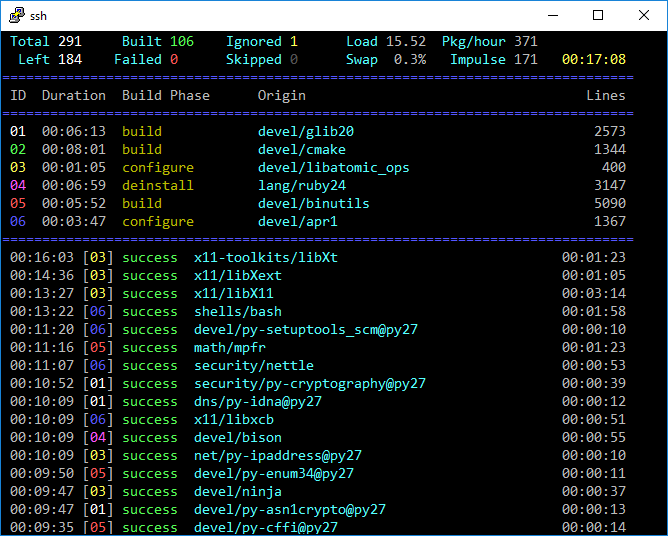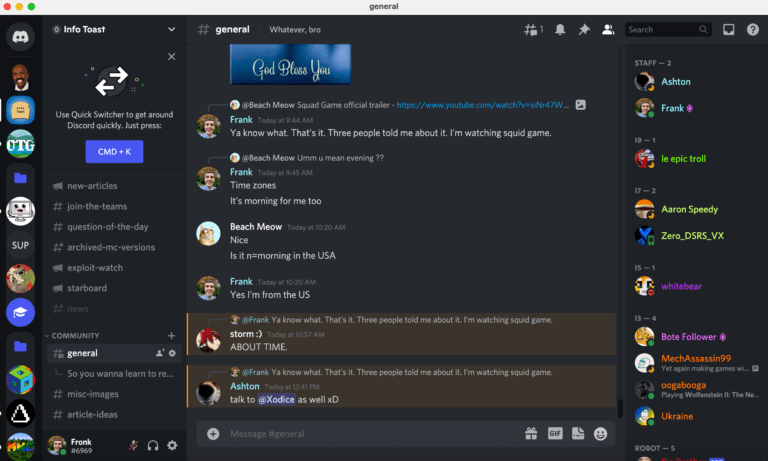When Y2K Actually Will Happen (32 Bit Computers)
When 32 Bit Computers Will Fail
Happy new year! The New Year made me think about the Y2K movement, and how many people during the late 1990s believed that our computers would fail when the 2000s finally arrived. Anybody with minimal knowledge of computers could tell you that was stupid, but people were not as smart back then, and there were a lot of people who got behind this idea.
However, because computers think in Base-2 instead of Base-10, there will be an actual Y2K-like incident that will come, but it will be very different. In this article, I will be talking about that specific incident and all of the math behind it.
How It Will Happen
Computers recognize time-based on a system of timestamps. A timestamp is a number that represents how many seconds have passed since January 1, 1970 (on Unix and Unix-based systems (Linux, Mac, and Chrome OS are the most popular Unix-based systems)). Because timestamps are a number, they will one day get too big for 32-bit Operating Systems. That day is January 19, 2038. On that day, the time will change to December 13, 1901.
This will likely not be much of a problem, by 2038, most 32-bit computers will be phased out, but there will still be a long list of computers which will have systems where much of their stuff is messed up. It is surprising how many things in computing that seem completely unrelated rely on the system time that will be messed up by this.
Phasing Out of 32-Bit Computers
Many companies that make Operating Systems have decided to phase out updates for 32-bit computers, often starting way before the timestamps get messed up. Ubuntu will discontinue 32-bit updates in 2025. This is the same with almost all of the tech companies like that.
It probably would be fairly easy for tech companies to provide a fix for this issue by doing a little math with that number. However, they have instead chosen to discontinue 32-bit computers completely. Proprietary and nonproprietary Operating System developers are doing this, meaning that there is an open gap for a company that wants to do a version of Unix that will figure out a way to support 32-bit computers.
Windows and Y2038
It is important to note that this will not occur with Windows computers. Windows is one of the few widely-used Operating Systems that is not based on Unix, and therefore Windows has a different system of timestamps. This means that 32-bit Windows computers will continue to run. However, many 32-bit computers may not be able to run Windows, because of Microsoft’s bloatware problem.







GD